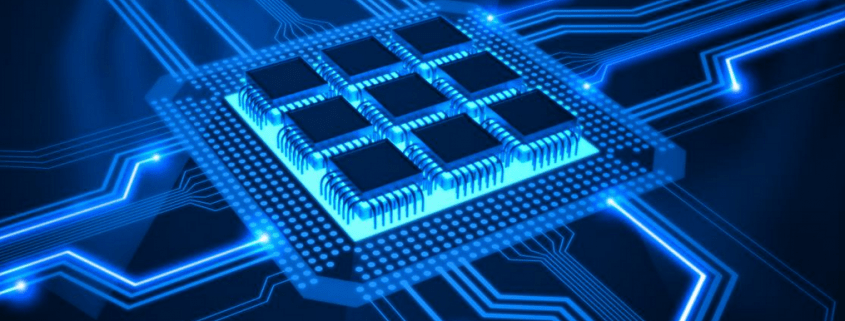Do we need Quantum leaps in security?
There are many stories we have all heard about computer hacking, Identity Theft, and other bothersome or criminal exploits involving digital assets. We all try to safeguard our systems and our data, but it is extremely difficult now that there is so much data and so many devices involved. The amount of interaction and the amount of data has multiplied many times over with the introduction of Smartphones, Cellular Networks, and the Internet of Things (IoT). Who had the foresight to realize that your refrigerator or your car might provide an easy way to hack into corporate or government networks? We really do need to “protect” everything. One clear illustration of how rampant computer hacks are becoming is the existence of “Collection #1”, which is a huge data folder that exposes nearly 800,000 email addresses and about 21 million passwords, all in one folder about 87 gigabytes in size. Unlike breaches with criminal intent Collection #1 is just out there on a public hacking website for anyone to see – it is not for sale !!
Securing digital devices and data still relies on encryption, the process of recoding data using a digital “key” and unlocking that data only with the same identical “key”. Individuals and corporations can maximize the effectiveness of encryption by using “strong” passwords, where you mix in capital letters, symbols, and numbers. Cracking modern encryption keys is very difficult, as encryption has come a long way from the original method used by Julius Caesar of simply choosing a space offset for each letter of the alphabet eg: offset of “2” where every “A” is recoded as “C” etc. There are only 25 possibilities for this recoding, so it is quite easy to crack a Caesarean code. Data encryption has taken many leaps forward in the intervening years and is now considered to be quite un-hackable. The easiest targets for hackers are written down passwords at your desk, and loose talk at the water cooler.
However, with Quantum computing now emerging, the ability to crack strong encryption keys is getting closer, simply because Quantum computers are so fast and powerful that they can try many guesses in a very short time. This is the “brute force” hack, where given enough guesses, the correct key will eventually be found. What currently might take 100 years of guessing with a fast, classical computer might take only 5 years with Quantum computing.
Quantum computers use the fundamentals of quantum mechanics to speed up computations, using flexible qubits instead of classical bits which can only be a ZERO or a ONE. Qubits can be either, both, or something in between. With quantum computing we should have the ability to design purpose built algorithms to solve specific problems, such as cracking codes, and designing un-crackable codes. The current leaders in the Quantum computing space are IBM, Google, Microsoft, Alibaba, Intel, D-Wave Systems, and Rigetti Quantum Computing. The race is on to see who will dominate with Quantum solutions for the broad marketplace. In the next 10 years the number of Quantum computers will likely overtake the number of classical computers, ushering in a new era of computing, with speeds and power unimaginable just a few years ago. This will require more stable hardware, commercial software development platforms, and large, fast, cloud computing capabilities.
Let Trend Disruptors be your guide to the future, as we continue to identify technology investment opportunities that can lead to financial success.
Stay tuned!


